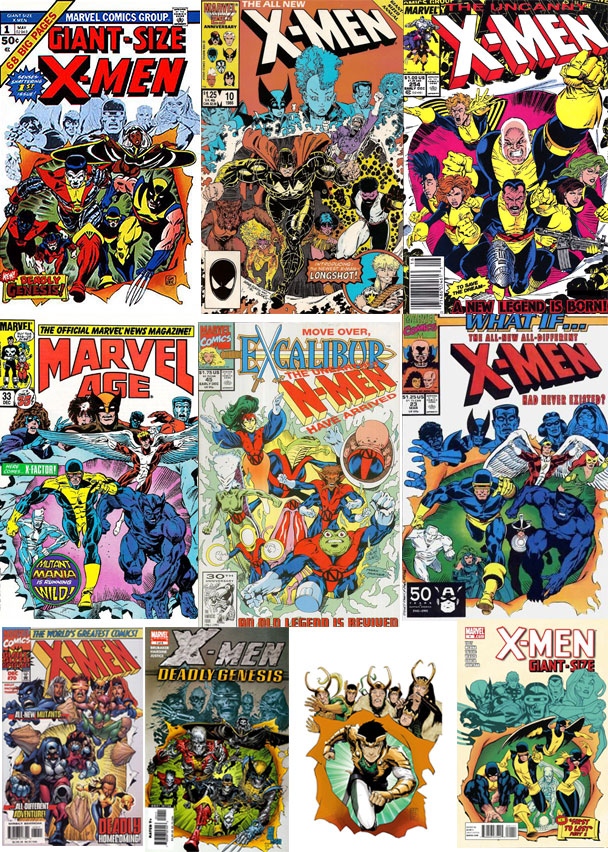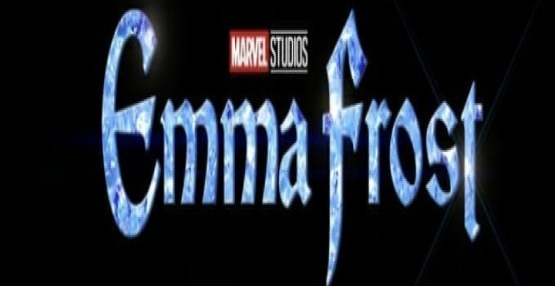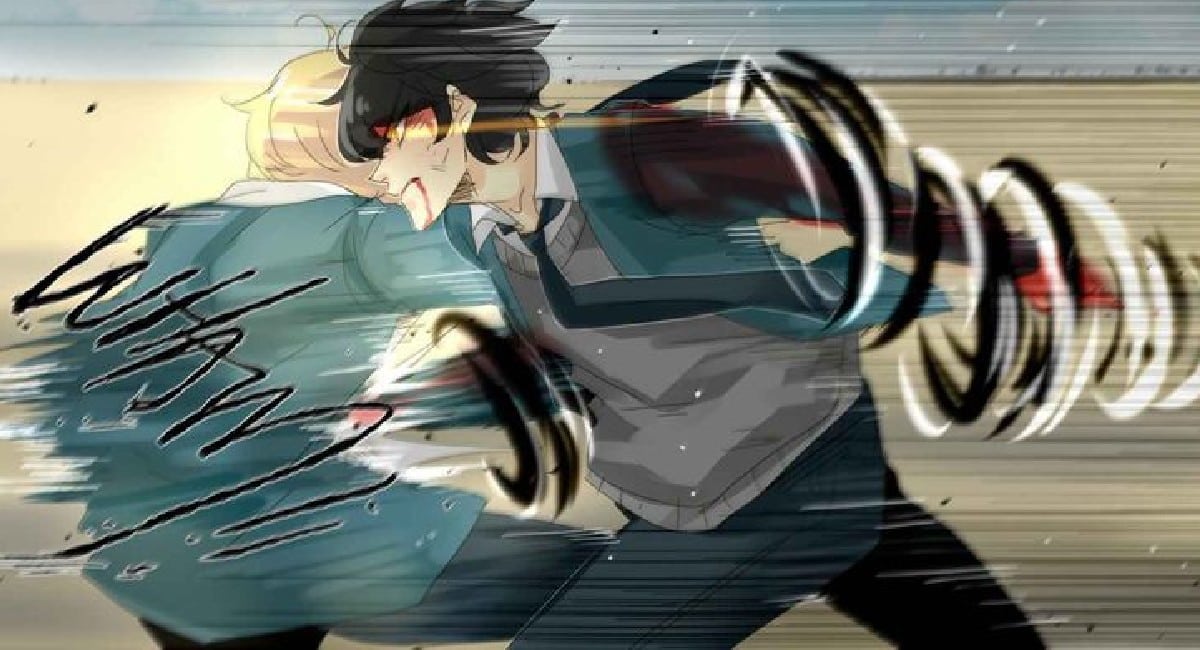Brigid Alverson | July 14, 2025
Back when Diamond first filed for bankruptcy, on January 14, 2025, the question on everyone’s minds was whether Diamond would survive. It looks like we’re heading toward the answer, and it’s not the one a lot of people expected. At the same time, the bankruptcy case has taken an unexpected turn, one that has publishers up in arms.
On June 11, Diamond informed publishers who had inventory in their warehouse prior to the May 15 sale that those items now belong to Diamond and will be sold off to liquidate the debt. The court has set a hearing on this matter for July 21, and it’s likely to be a lively one: On Friday, July 11, Diamond CEO Nick Barrucci sent out an email stating “Several publishers are pooling their resources together to challenge these proposed sales procedures for this inventory” and inviting other publishers who have inventory with Diamond to join them. According to court filings, the consignors have formed an ad hoc committee, and three publishers have filed individual objections in writing. And as publishers continue to desert Diamond for other distributors, large and small, the new owners are busy shutting down pieces of the company.
Meanwhile, looking to the future, a new distributor has entered the ring: Universal Distribution, the Canadian comics and game distributor that purchased Diamond’s Alliance Games, is looking to expand its comics distribution to the U.S., and their CEO appears to have a very different approach not only from the old Diamond but also from the newer distributors Lunar and Penguin Random House.
Universal Steps Into the Ring
Let’s start with what appears to be the good news. In an lengthy interview at ICv2, Universal CEO Angelo Exarhakos laid out his plans to not only enter the U.S. comics distribution market but also grow the business, using Alliance Games (which will eventually be re-branded as Universal) as a starting point. Noting that both the owners of comic shops and their customers tend to be older than their counterparts on the game side, Exarhakos said, “I feel strongly that there's a lot of gaming shops that should be carrying comics that don't, and I think that's a function of Diamond and Alliance being very, very separate.”
 With Magic: The Gathering – Spider-Man set to drop in September, Exarhakos said, “I'm willing to bet there's going to be absolutely packed gaming shops holding prerelease events, with all these people playing Magic: The Gathering - Spider-Man, but there's no trade paperbacks or any type of comic book element for them to buy in those shops.” In Canada, Universal works with comic shops to help them learn the game biz and vice versa. “There's lots of gaming shops out there who will learn how to talk to a comic book customer, and comic book retailers who can speak to a gaming consumer in their stores,” he said. “That's where I believe we'll add value.”
With Magic: The Gathering – Spider-Man set to drop in September, Exarhakos said, “I'm willing to bet there's going to be absolutely packed gaming shops holding prerelease events, with all these people playing Magic: The Gathering - Spider-Man, but there's no trade paperbacks or any type of comic book element for them to buy in those shops.” In Canada, Universal works with comic shops to help them learn the game biz and vice versa. “There's lots of gaming shops out there who will learn how to talk to a comic book customer, and comic book retailers who can speak to a gaming consumer in their stores,” he said. “That's where I believe we'll add value.”
It's starting already. Universal signed a global distribution deal with DC in 2022, and Graphic Policy reported on June 27 that Alliance included DC comics, with a “coming soon” graphic, on its order forms. Of course, as a Canadian distributor, Universal has contracts with lots of comics publishers, but it’s not clear that they are all global; Exarhakos did mention in the ICv2 interview that they have a sub-distribution deal, “similar to what Diamond had with PRH,” to distribute Marvel comics in Canada.
While Exarhakos views graphic novels as the best format for newcomers to the comics medium, he also sees a place for single-issue comics as people get more involved. And he uses Universal’s open house events as an important way to educate retailers; DC will be at the Alliance open house in September, so game retailers who want to start carrying comics can talk directly to them, and Universal also invites bankers and insurance companies to the events to talk about the business aspects of retailing.
Plans are in the works for an online catalog, something akin to Previews but not in print, and Exarhakos says he is open to carrying a wide variety of genres as well as work from smaller publishers. “I think the more variety of content that we can get out there, the better,” he said.
A Shotgun Marriage at the Bankrupcy Auction
Exarhakos’ comments in the other half of the interview shed some light on the chaotic bidding process for the bankruptcy auction. Universal had been looking for a way to enter the U.S. market and was investigating purchasing some shares of Diamond when the company declared bankruptcy. While he had previously been considering getting involved with both Diamond and Alliance, Exarhakos said, “we felt that Diamond's business had been too badly damaged to salvage in that type of a deal once the bankruptcy had moved ahead.” Alliance, on the other hand, still looked strong.
According to Exarhakos, he went into the auction ready to bid on Alliance alone, only to learn that the administrator, Raymond James, had changed the process and would now be starting off by auctioning off the entire group all at once. So at literally the last minute, Universal teamed up with Ad Populum to submit a joint bid. “I want to make sure this is clear, because I've heard some things to the contrary: before that meeting I had never met [Ad Populum managing director] Joel Weinshanker,” Exarhakos told ICv2. “That was the first day I met him. The only extent of our partnership was simply combining our bids to bid together so that essentially, they come to the total, and our bids would increase in the same proportion as they started… We don't have anything other than that to do with each other.”
And he was clear on another point: He does not intend to stiff the creditors. “I would never be involved in any deal where vendors would be unpaid,” he said. “I do not have any interest in doing something like that. We are in an extensive partnership with our vendors, so any acquisition under any conditions, whether it's through a bankruptcy or not, we were going to make sure that they were made whole. That's what we've done.”
Dude, Where’s My Inventory?
Meanwhile, things are getting testy between Diamond and its vendors. Before the bankruptcy, the lines were well understood: Publishers and manufacturers sent their merchandise to Diamond on a consignment basis, which meant that Diamond had physical custody of the inventory but it still belonged to the publisher. Diamond stored it in their warehouse and shipped items out to fulfill orders from retailers. Publishers could also ask for merchandise to be moved to another location, whether to store it in a different warehouse or to sell it directly at a convention. In that case, the process is called an NCR, for No Cost Return: The publisher doesn’t pay for the books, just the shipping.
 The situation changed drastically after Ad Populum completed its purchase of Diamond on May 15. At that point, the bankruptcy estate claimed that it, not the publishers, owned the inventory in the warehouse. Since then, Diamond has continued to sell the inventory and send sales statements to the publishers, but it is not paying them. And on June 11, Diamond stopped processing NCRs.
The situation changed drastically after Ad Populum completed its purchase of Diamond on May 15. At that point, the bankruptcy estate claimed that it, not the publishers, owned the inventory in the warehouse. Since then, Diamond has continued to sell the inventory and send sales statements to the publishers, but it is not paying them. And on June 11, Diamond stopped processing NCRs.
Diamond’s lawyers spelled out their reasoning in a motion filed with the bankruptcy court on June 25, asking the court to allow Diamond to sell off the inventory in its warehouse: “In effect, the value of consigned inventory is available to the creditors of a consignee unless the consignor protects the value of its consigned inventory from the consignee’s creditors by perfecting its interest under other law – generally by filing a U.C.C.-1 filing statement.” At least 128 publishers did not file a U.C.C.-1 statement, and Diamond now claims to own their inventory.
Fabrice Sapolsky, CEO and Publisher of FairSquare Graphics, spoke directly to Diamond Chief Restructuring Officer Robert Gorin, asking for access to his inventory. “[Gorin] says to me, ‘For legal reasons that I can't go into, we can't let you get your inventory, or even come down and pick up the books,’” Sapolsky said. “I offered to come down with a truck and pick up my own books, and if I need to pay someone who has a forklift license, I’ll do it. [Gorin responded], ‘No, you can't. Nothing comes in or goes out.’ I said, ‘But you sent me books a week ago,’ [and he said] ‘They shouldn't have done that.’”
Although Sapolsky can’t get to his books, Diamond continues to sell them—and to send him the sales data, but not the payments. “They have been basically stealing our money, and on top of that, not giving us access to our own books that we paid for, that are our property,” he said. The situation has severely impacted one book that Sapolsky had high hopes for, Red Flower, which was released in February. “It was already on its way from the printer to the warehouse,” at the time of the bankruptcy, Sapolsky said. “There was nothing I could do to stop it.” Diamond sent out some payments on an irregular basis, but Sapolsky said he has received nothing since May 2.
In an interview with Rob Salkowitz at ICv2, Fantagraphics Co-Publisher Eric Reynolds estimated that Diamond is holding Fantagraphics inventory worth “in the low seven figures.” Diamond also owes Fantagraphics about $35,000 and continues to provide sales data, although they stopped making payments in mid-May. “We're not shipping them new books and they're not paying us, but they have inventory that they don't own, that they're continuing to sell and they haven't paid us for in, I guess now, six or seven weeks,” Reynolds said.
Fantagraphics and the other publishers are unsecured creditors, and since the money Diamond raises by liquidating the inventory will go to paying off the creditors, it’s possible they may eventually see some of it. On the other hand, when it comes to paying off bankruptcy debts, unsecured creditors are pretty much the end of the line, so it’s unlikely they will be made whole.
Publishers are concerned not only that they may lose their inventory, which they consigned in good faith, but also that if Diamond does indeed sell off their products, the new buyers will undercut them. TwoMorrows publisher John Morrow spelled out those concerns in a formal objection filed with the court: “[Diamond’s] efforts to circumvent paying us for our property will not only jeopardize my company’s immediate future financially, but their flooding the market with our products at liquidated prices will hurt our longterm ability to sell those same products from our own warehouse’s inventory at normal prices.”
Morrow also pointed out something else: The hearing on Diamond’s motion is scheduled for July 21, a time when almost everyone in the business will be traveling to Comic-Con International in San Diego.
With all that’s at stake, it’s not surprising that publishers are pushing back. The June 11 email indicated that three publishers are spearheading the challenge: In addition to Barrucci, publishers were invited to reach out to Reynolds and to Peggy Burns, the President, Publisher, and Co-Owner of Drawn Quarterly. In addition to TwoMorrows, Graphitti Designs and Magma Comix have filed written objections with the court. But in a YouTube video titled They Went Bankrupt and Now I’m Screwed!, Roll for Combat publisher Stephen Glicker sounded pessimistic about the situation, saying, "I spoke to my attorney, he looked it over, and his exact quote to me was 'It's not as bad as you think it is. It's much worse.'"
Divvying Up Diamond
The new owner of Diamond, Ad Populum (a.k.a. Sparkle Pop), continues to shed bits and pieces of the Diamond we once knew. The Previewsworld website is still up, at least for now, but the print Previews catalog is no more, replaced by a digital version on a platform called Joomag. Ad Populum also shut down the consumer ordering tool and the retailer point-of-sale system ComicSuite, without warning, although the move is not too surprising as they had ended support for ComicSuite shortly after they bought Diamond. And having already shuttered Diamond Select Toys, the new owner has also sold off another piece of the company, Collectible Grading Authority.
Publishers have been deserting Diamond since the distributor filed for bankruptcy in January, but many of them had limited options because they were too small to be picked up by the other two distributors, Lunar and Penguin Random House. Now a new distributor has joined the ranks: Philbo, founded by Phillip Russertt, who also owns a small publishing company and has crowdfunded his own comics on Kickstarter and run comics conventions. Philbo has released its first catalog, Philviews, and its client list includes Antarctic Comics, Devils Due, FairSquare Graphics, Hermes Press, and Zenescope.
As publishers and other insiders prepare to leave for Comic-Con in San Diego (with a possible courtroom detour if TwoMorrows doesn’t prevail), many questions remain. Will the publishers prevail in their quixotic quest to get their inventory back? What will Diamond shut down next? When will Universal come south of the border? And who is going to get booth 2401 on the exhibit floor of Comic-Con, the large and prominently located space that Diamond has occupied for years? That space is blank on the current Comic-Con floor map, although Diamond is still on the list of exhibitors.
We’ll know the answer to that last question when the doors open at Comic-Con, but the others may take some time. One thing is sure, though: With a new distributor getting ready to enter the U.S. market as Diamond’s new owner shuts down products and services it has provided for years, it looks like comics will continue to have at least three distributors. The configuration, however, will be very different.
Stay tuned…
For Brigid Alverson's previous updates on Diamond's bankruptcy:
Part 1: A New Chapter (11) For Diamond
Part 2: Drama! On The Diamond Bankruptcy Docket
Part 3: The Fate Remains Mysterious: an update on Diamond's Bankruptcy
Part 4: Diamond Has Been Sold. Now What?



















 English (US) ·
English (US) ·